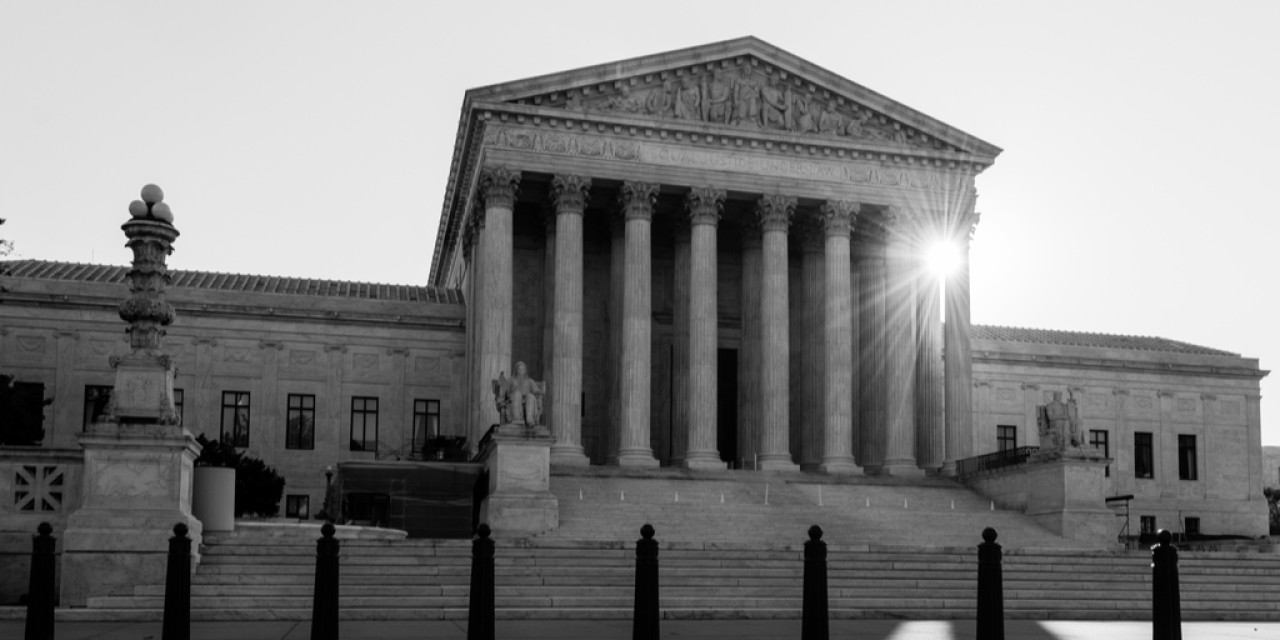

Supreme Court: Patients Have a Private Right of Action Under FNHRA Against Governmentally Owned Facilities

In Health and Hospital Corp. of Marion County v. Talevski, --- S. Ct. --- (2023) the Supreme Court ruled a nursing home resident has a private right of action under Section 1983 to enforce provisions of the Federal Nursing Home Reform Act (FNHRA), 42 U.S.C. § 1396r(c)(1)(A)(ii) against a county-owned facility. This was the third healthcare-related decision in a little over a week by the Court, the other two dealing with the requisite scienter required in a False Claims Act case and identify theft in the Medicare context.
Talevski was a suit brought by a nursing home resident against a Marion County, Indiana-owned home alleging that he was subject to unlawful chemical restraints and was improperly transferred from the facility contrary to the requirements of FHRNA. The plaintiff brought suit under section 1983 which provides a private cause of action to anyone deprived, under color of state action, of a right secured by the Constitution or federal law.
The issue before the court was the meaning of the term “law” under section 1983 and whether FNHRA, which was enacted under Congress’s Article I spending powers, created a private right of action under section 1983. After rejecting the argument that section 1983 did not apply to laws enacted under Congress’s spending provision, the Court turned to whether FNHRA granted any direct rights to nursing home residents.
Justice Jackson, writing for the Court, held that it did. Citing FNHRA’s origins in 1987 to improve care in nursing homes, she wrote that the law laid out a litany of requirements for nursing facilities participating in Medicare, including certain resident’s rights like the right not to be restrained and the right not to be impermissibly discharged. FNHRA also established a detailed administrative scheme for governmental enforcement and inspection. As acknowledged by Justice Jackson, spending act legislation does not automatically create a private cause of action unless the right is conferred unambiguously. The rights to be free from unnecessary restraints and to have pre-discharge notice were both rights related specifically to residents and hence, the Court concluded that they were conferred unambiguously.
Second, even where a right is unambiguously conferred, it may not be enforced under section 1983 if Congress intended some other enforcement mechanism. Here the question was whether Congress intended the statute’s remedial scheme to be the exclusive enforcement mechanism. This analysis relies, in turn, on whether there are inconsistencies between enforcement under the statute and private enforcement under section 1983. The Court found no inconsistencies and ruled that FNHRA could be enforced under section 1983.
Justice Gorsuch concurred in the decision as did Justice Barrett and Chief Justice Roberts. Justice Gorsuch concurred but differed on very technical terms while Justice Barrett, joined by the Chief Justice, cautioned that not all spending act laws may be enforced under section 1983 although she concurred that FNHRA did allow such enforcement.
Justice Thomas and Alito both filed lengthy dissents. Justice Thomas argued that FNHRA did not confer any rights as it was enacted under Congress’s spending powers. Justice Alito, on the other hand, while agreeing that FNHRA created a right, wrote that the right was not enforceable under section 1983 given that FNHRA created its only exclusive remedies.
The effect of Talevski is limited in that it applies only to governmentally owned nursing homes as section 1983 would not be applicable to privately owned facilities. Additionally, it does not alter the law in the Third Circuit (Pennsylvania, New Jersey, and Delaware) which previously recognized that FNHRA may be enforced through section 1983. See Grammar v. John J. Kane Reg’l Ctr., 570 F.3d 520 (3rd Cir. 2009), cert. denied, 559 U.S. 939 (2010).
Disclaimer: This post does not offer specific legal advice, nor does it create an attorney-client relationship. You should not reach any legal conclusions based on the information contained in this post without first seeking the advice of counsel.

